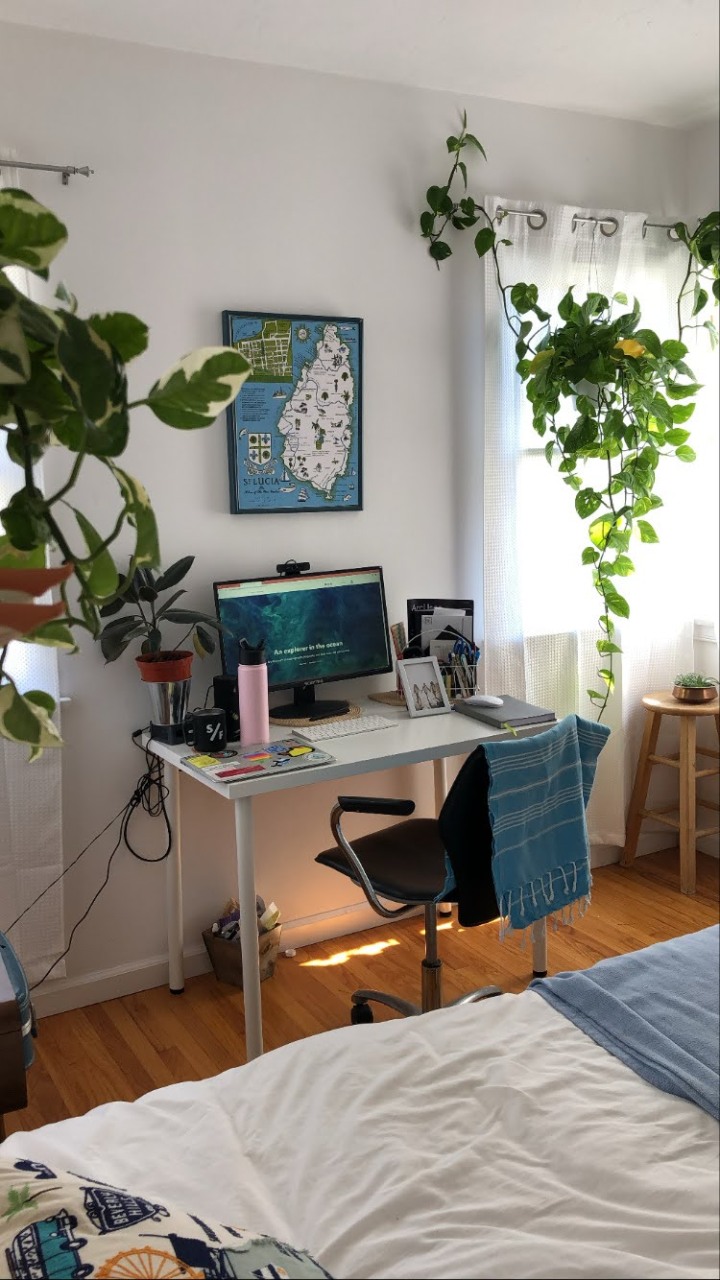
What have I learned from the past 10 weeks of teaching and learning remotely.
For all educators and students on this planet earth, this was a really challenging couple of months. For most educators and students, these changes are not temporary, and there are no shortages of challenges to come.
I am by no means a teaching expert. As follows are some of the simple lessons I learned in the past quarter of TAing a climate change class and taking a graduate level oceanic science course. I hope these lessons can help other students and teachers through this weird and wild world were in.
TAing/ Teaching
- Outline the broad goals for the class. Acknowledge that your targets have probably shifted. Extra time will need to be devoted to adaptation to this new environment. With more realistic expectations for yourself and your students- what do you think are the MOST important things are for your students to get out of this class. Make these key goals known!
- Determine if you need live lectures or mandatory attendance. If possible, I highly suggest you make attendance mandatory, or find a system that highly encourages students to show up to the allotted lecture/ section/ discussion time.
- Understand the needs of your students. Again, the game has changed. Some students might not have propper materials, some might not be able to participate in live lectures, some may be taking care of family. Find some methods in which to gauge the needs of the class, and if possible make an anonymous option.
- Communicate that you are open, available, and flexible (or if there are things you are absolutely not flexible about). This format makes it even MORE challenging to communicate with students that may be struggling. Encourage students to take advantage of whatever format works the best for you. If you make it for office hours
- Use collaborative online platforms!! Make a google doc for students to anonymously submit questions, make a slack channel, encourage students to make a group chat. There are SO MANY resources out there! Find at least ONE method for students to communicate with one another outside of lecture.
- Take advantage of the resources provided by your school. This is self explanatory. Let people who are trained for this moment help you!!
- Be honest about being new to this environment as well. Few of us signed up to be online teachers. If you are among those that are PROFESSIONALLY TRAINED, awesome! Let your students know. If you only received rudimentary training, thats okay too! Let your students know. We are all in this boat together. No one is going to be perfect, and maintaining a facade that you are impervious to mistakes could deter students from reaching out for help, especially when pertaining to remote learning.
Learning
- MAKE A LEARNING SPACE. Do not, I repeat, do not do your work from bed. Make a comfortable and beautiful space where you feel productive and focused. When you sit down to work here, be intentional about it.
- Make and STICK to a note taking method. Keep your backpack full, even if you’re not leaving your house! Take out your notebook when its time for class and put it away when class is done. If you’re committing to your computer, keep your lass notes organized in appropriate folders. BONUS CHALLENGE: close all your tabs when you’re finished working on school related things. This brings me to my next topic…
- Partition your time. WORK when you schedule work and STOP when that time is up. If you never stop working, you may feel as if the school week never ends. When its time to relax, close your assignments and CALL IT for the day.
- Be realistic with your goals. You may not be able to perform to the best of your student abilities in a remote environment. In fact, it would be SHOCKING if you could. Don’t be afraid to explore some of the options that may be offered due to COVID. Many schools have relaxed requirements on the amount of pass/ no pass classes you may take.
- Make those in your space aware of when you need to work! Before a meltdown, let people know when you’re in crunch time, or if you need to read in silence. Be flexible, of course, but don’t expect everyone to understand what you’re going through if you haven’t told them any details.

One final note to both educators and students: being able to learn in this time is a privilege. Take every day as a gift. Learn learn learn as much as you can if you can. Having the liberty to learn while so many others are struggling is truly a gift. It may be difficult at times, but try to keep this in mind through the good and bad days.